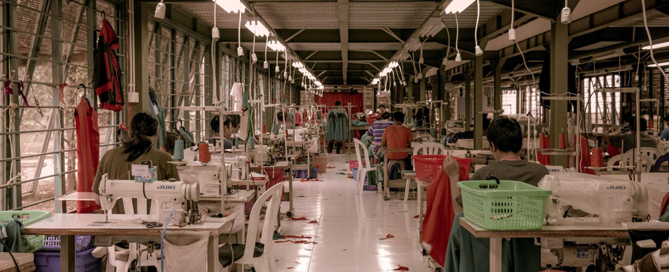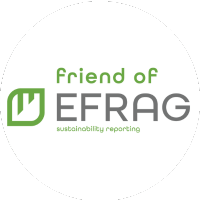
On July 5, 2023, a long-awaited proposition from the European Commission was revealed, outlining plans to establish a mandatory extended producer responsibility (EPR) system for textiles across all member states. The proposed EPR scheme would place the onus on producers to oversee the entire lifespan of textile products and facilitate the sustainable handling of textile waste throughout the European Union (EU), as outlined by the commission.
Under these new rules, producers would be required to remit fees to cover the expenses linked to textile waste management—the required payment will be contingent upon the environmental effectiveness of the textiles produced, a concept referred to as ‘eco-modulation’. The Commission believes this approach would concurrently motivate producers to curtail waste generation and enhance the circularity of their products.
Textile consumption in Europe has become widely recognized as one of the highest contributors to climate change in the EU, ranking fourth only after the food, housing, and transportation industries.The EU Commission highlights that the environmental impact of textile consumption has a significant negative impact on the environment and climate change, with approximately 12.6 million tons of textile waste produced annually. Devastatingly, only 22% of post-consumer textile waste is reused or recycled, while the majority ends up being disposed of in landfills or through incineration.
The Commission’s hope is that this new proposal will encourage companies to produce higher quality, increasingly sustainable products that can be readily recycled and repurposed for future uses. The proposal will also likely promote the research and development of new technologies that enhance circularity within the textiles industry, including innovations like fiber-to-fiber recycling.

The proposition also confronts the problem of illicit exports of textile waste to nations lacking the necessary capacity for its proper management. The prospective law aims to establish clear definitions distinguishing waste from reusable textiles, aiming to eliminate the practice of disguising waste exports as reusable materials.
These rules follow the EU Commission’s Sustainable and Circular Textiles Strategy, originally introduced in May 2022. It also tackles objectives outlined in the EU Green Deal, which aims to establish sustainable products as the standard within the EU, elevate circular business models and empower consumers to make better-informed, sustainable purchasing decisions.
Need help tackling your company’s ESG initiatives? ESG Playbook is the only reporting platform for public and private companies that offers comprehensive sustainability reporting solutions across Environmental, Social, and Governance frameworks. If you’re looking for a solution to accurately track your company’s carbon footprint, connect with a member of our team to learn more about our Carbon Reporter Tool with Net Zero reporting.



